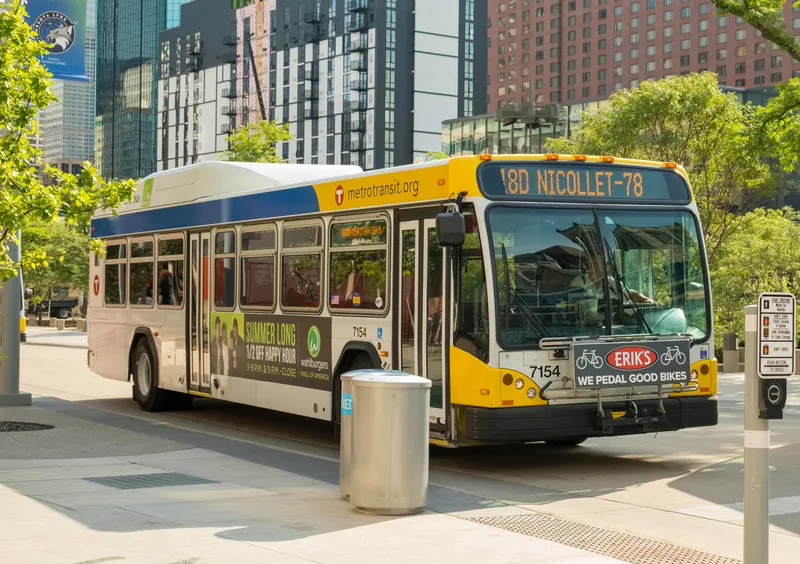Global Traffic Technologies (GTT) has implemented traffic signal priority systems (TSP) at 32 intersections in the Bulgarian city of Burgas, as part of the Burgas Integrated Urban Transport Project.
The Opticom TSP system allows public transportation vehicles to be given priority signals at traffic intersections. The technology is also fitted to 77 public transport buses in the city, which ensures that when any of them approaches one of the 32 equipped intersections, the system sends a request from the
October 26, 2016
Read time: 2 mins
The Opticom TSP system allows public transportation vehicles to be given priority signals at traffic intersections. The technology is also fitted to 77 public transport buses in the city, which ensures that when any of them approaches one of the 32 equipped intersections, the system sends a request from the bus to the traffic light controller. If the bus is late, the controller can hold the green signal longer to ensure the bus’s smooth passage and help with adherence to schedules. Once equipped, the intersections can also give a green light to ambulances, fire trucks or other emergency vehicles.
The project is financed by the EU Operational Programme Regional Development 2007-2013. The full project also includes the construction of a 15km Bus Rapid Transit corridor, bus depot extension, bus shelters and new multi-modal Central Bus Station and Bus Terminal construction, new CNG and clean diesel fleet acquisition, and investments in infrastructure, ticketing, and cycling and pedestrian facilities, as well as the GTT TSP system.
.









